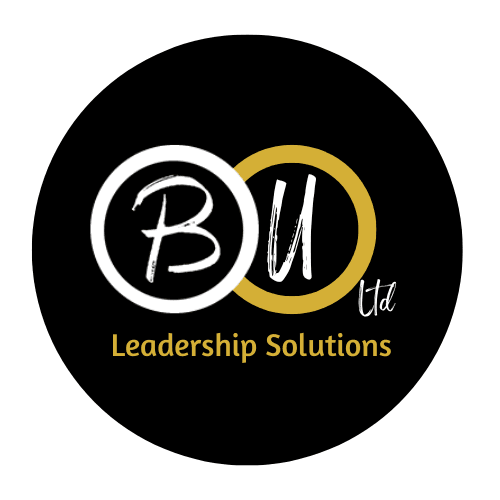Expectations; The Backbone of Leadership and Personal Development
In the leadership and personal development landscape, expectations are the silent orchestrators of our lives. They shape our decisions, actions, and ultimately, our future. Whether you’re leading a team, striving for professional excellence, or charting your course in life, they play a pivotal role in your journey to success. In this blog post, we’ll be diving into the profound world of expectations to uncover how they hold the key to visionary leadership and personal development.
Defining Expectations
Expectations, in essence, are mental projections into the future. They are products of our innate ability to anticipate what lies ahead. Our anticipations of what we want to happen or believe can happen in a given situation.
Expectations are like compasses that guide us into the future. They help us actively look ahead, offering a tangible vision of success. They influence our daily decisions, set the pace for our actions, and determine the boundaries of our aspirations.
Expectations can be about anything, from the outcome of a job interview to achieving a career milestone to having a fulfilling relationship, or even dreaming about an amazing meal at your favourite restaurant. This process of anticipating is deeply ingrained in our cognitive and emotional makeup.
In the ever-changing world of leadership, understanding expectations and how they work is very important, not just for effective guidance but also for unlocking meaningful personal growth.
Types of Expectations:
Expectations are versatile and come in diverse forms: personal, professional, and societal. As a leader, recognising and balancing these diverse forms is a skill that can pave the way for impactful leadership and personal fulfillment.
1. Personal: These are beliefs about your own abilities, behaviours, and potential outcomes. They are the aspirations we hold for ourselves; the goals, hopes, and dreams we set for the various aspects of our lives. They often reflect our desires for personal fulfillment, achievement, and happiness. Personal expectations impact your self-esteem, motivation, wellbeing, and overall life satisfaction.
2. Professional: Professional expectations are the set of standards, goals, and outcomes that we establish for performance and growth in the workplace. They guide our actions and decisions as leaders, shaping our career path and influencing our success. They also provide guidance for employee behaviour, action, interaction, and performance in the workplace. Professional expectations serve as roadmaps for our professional journey, providing a sense of direction and purpose in the workplace.
3. Societal: Society as a whole has expectations about how individuals should behave and conform to social norms. These expectations can relate to cultural practices and ethical standards, amongst other things. Societal expectations are often shaped by cultural norms and values. These two things influence our actions and responsibilities in the broader context of society.
The Formation Process
How do expectations take shape in our minds?
That is a question that leads us into the interesting process of their formation.
Expectations don’t just materialize out of thin air, neither do they arise in isolation. They are influenced and shaped by things like our experiences, beliefs, mindsets, and emotions. Let’s take a look at some of the things that play a major role in influencing how we form expectations:
– Past Experiences: Your previous encounters and outcomes influence the formation of your expectations. Positive experiences can lead to high expectations, while negative ones can result in lower expectations. Past experiences can also include the experiences of people close to you or people you look up to.
– Cultural and Societal Influences: The culture you grew up in and the societal norms you’re exposed to play a significant role in shaping your expectations. They set the standard for what you consider normal, acceptable, or achievable.
– Media and Peer Influence: Media portrayals and the expectations of peers and influencers can also impact your beliefs and mindset. For example, the things you see ‘pedaled’ on shows or advertisements can influence your belief about a certain path or outcome.
– Cognition and Emotions: Our cognitive processes (perception, memory, reasoning, biases), influence how we interpret information and evaluate the likelihood of outcomes. On the other hand, our emotions have a profound impact on how we feel about things, our motivation, and our confidence–which can lead to setting either high or low expectations. Emotions can influence our cognitive reasoning while cognitive processes can shape our emotional responses. A good understanding of this interplay will help us to harness the power of both cognitive reasoning and emotional motivation in pursuit of our goals.
Expectations are like…
Lighthouses that guide us to our destinations, and when harnessed wisely, they hold the power to illuminate our paths to success.
Understanding how they are formed is the first step in harnessing their power. As a visionary leader, leveraging expectations for success is not just a skill; it’s an art. By understanding its nature and the multifaceted roles it plays, you can navigate challenges with confidence and inspire your team to reach new heights.
In the next blog post, we’ll explore “Why Expectations Matter in Leadership” and delve into their impact on leadership roles and responsibilities.
Until next time, Keep Leading Right and Living Light,
Belinda




